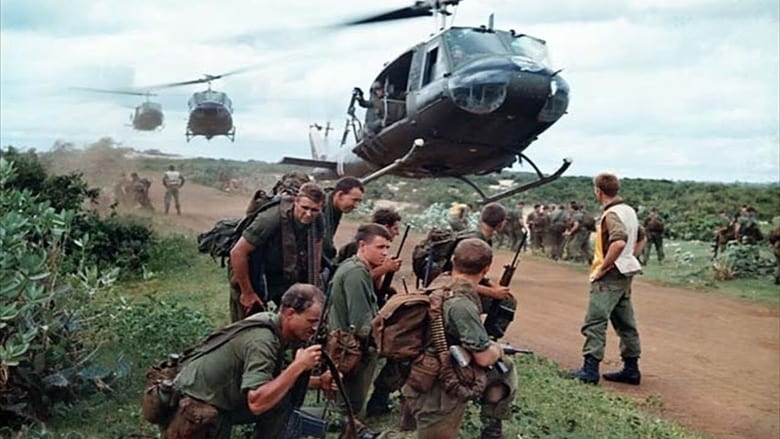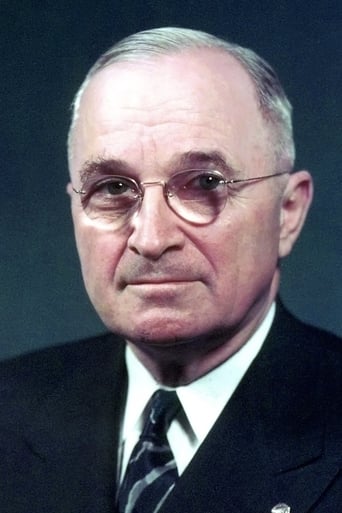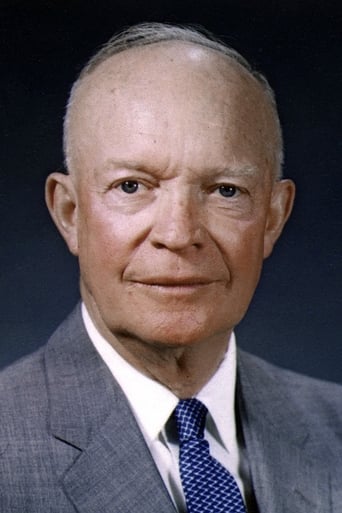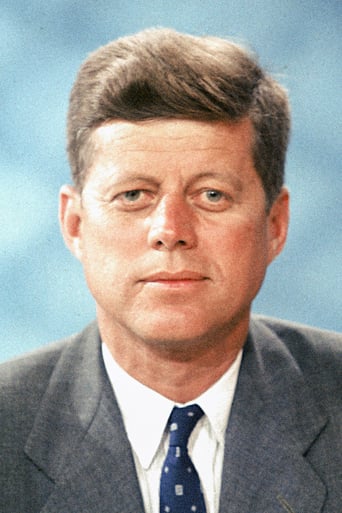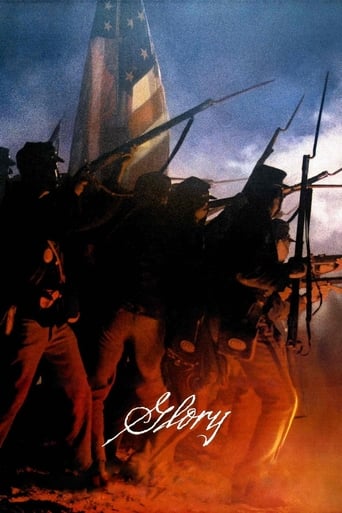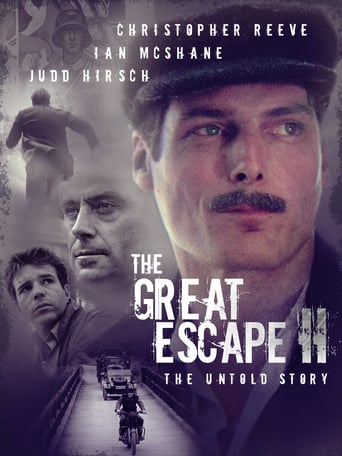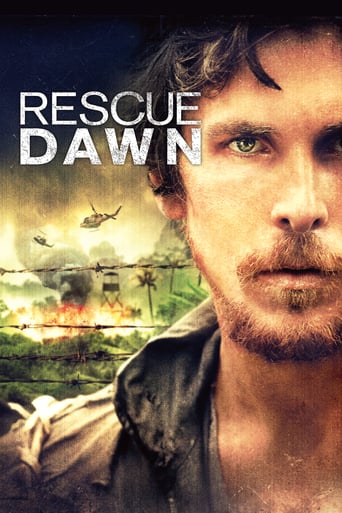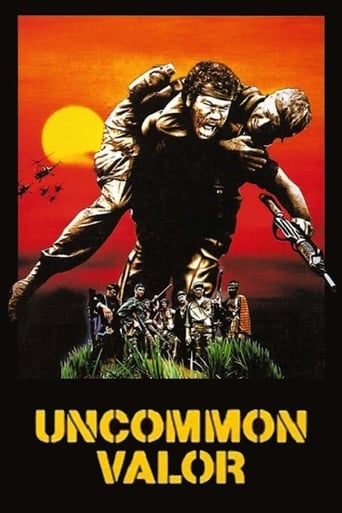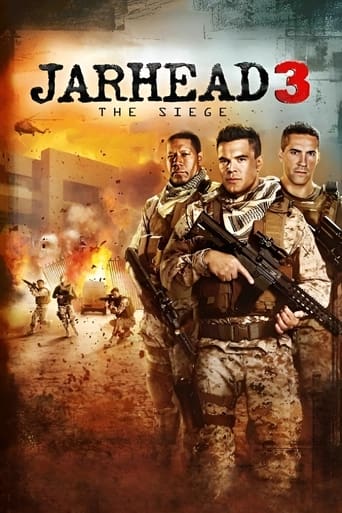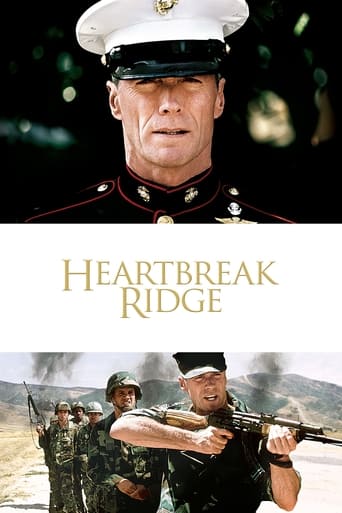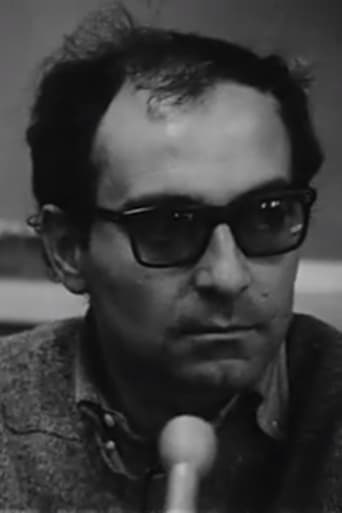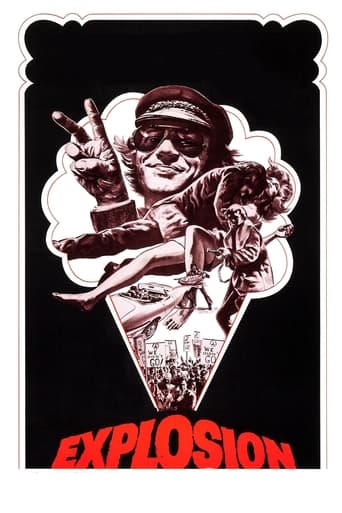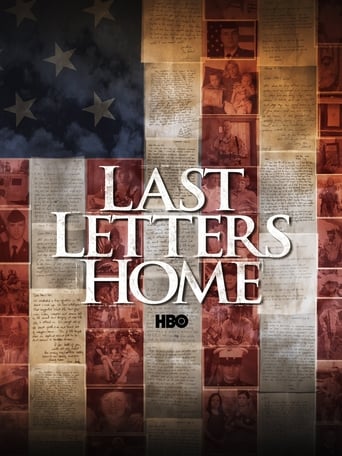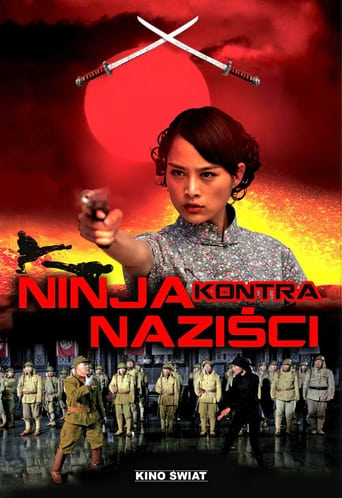Hearts and Minds (1974)
Many times during his presidency, Lyndon B. Johnson said that ultimate victory in the Vietnam War depended upon the U.S. military winning the "hearts and minds" of the Vietnamese people. Filmmaker Peter Davis uses Johnson's phrase in an ironic context in this anti-war documentary, filmed and released while the Vietnam War was still under way, juxtaposing interviews with military figures like U.S. Army Chief of Staff William C. Westmoreland with shocking scenes of violence and brutality.
Watch Trailer
Cast


Similar titles
Reviews
Such a frustrating disappointment
Pretty Good
It's the kind of movie you'll want to see a second time with someone who hasn't seen it yet, to remember what it was like to watch it for the first time.
This is a gorgeous movie made by a gorgeous spirit.
In HEARTS AND MINDS, war mongerer Clark Gifford states that, following World War Two, "We began to feel... that possibly we could control the future of the world." Well, as we now know, They COULD and They DID. More's the pity. One of the most shocking moments in the movie comes when former French foreign minister Georges Bidault quotes John Dulles, who said to Bidault: "And if we were to give you two Atomic bombs...?" I've heard the Nixon tapes wherein Nixon talked to Henry Kissinger about the possibility of using atomic bombs in Vietnam and Kissinger, in a rare moment of restraint, ventured that that might be going just a tad too far. Bidault's statement seems to underscore that exchange. "Throughout the war in Vietnam," Nixon says in one clip, "the U.$. has exercised a degree of restraint unprecedented in the annals of war." (As far as I'M concerned, ALL pre$ident$ should be held accountable for any and ALL lies that they tell while in office: they should be "under oath" from the moment they're sworn in- like any other defendant. And they should work for Minimum Wage and be forced to retire from Public Office by the time they turn 60- as should any and all members of Government.) As "deserter" Eddie Sowders put it: "It is a supreme irony to be prosecuted by the very same men who planned and executed a genocidal war in Indochina." "We weren't on the wrong side," Daniel Ellsberg says: "We ARE the wrong side." With the kind of arrogant ignorance typical of American$, William Westmoreland offers this bit of wisdom: "Life is plentiful, life is cheap in the Orient." When asked if the U.$. has learned anything from Vietnam, bomber pilot Randy Floyd says: "I think we're trying not to." Prosperity and prosthetics, people. THAT'S the legacy in this company.
It can be argued (probably successfully) that this is the ultimate bleeding heart's take on the US government's policies in southeast Asia from 1950 to 1973. Peter Davis has nevertheless made a riveting and very unsettling documentary. Relying on first hand accounts from vets, politicians, and a few grotesque "man on the street" interviews, Davis makes it clear that he's not interested in making anything approaching a balanced film. How could he when a scene of a young Vietnamese girl wailing over her fathers coffin is juxtaposed with General William Westmoreland explaining that people in the Orient do not value life? Among the more insightful interviewees are Daniel Ellsberg (who laments how five US Presidents managed to lie to the US over 25 years) as well as former Defense Secretary Clark Clifford, who admits he was wrong to go along with LBJ's policies many years before Robert McNamara (whom he succeeded) did. Ultimately this is a very sad movie about a really horrible time in US history.
Peter Davis tried to help us see our purpose in Vietnam with use of cinematic juxtaposition. In that regard, this film is extremely successful. On the one hand you hear the callous remarks of an aloof man far removed from the intricacies of everyday life in the country of Vietnam. He casually states that life in the orient is "cheap" in his own words. In the next scene, we see the pain and misery (I should say we feel it) that villagers who have lost children experience. It is agonizing to watch. The arrogance on the part of some Americans reduced the enemy to stereotypes carried over from World War II and was made to apply here by over simplistic politicians. The lessons from Vietnam are hard to forget for my generation, who lost so much: our innocence, our trust, and our brethren. When we watched those mistakes take place in Iraq, it pained many of us to relive them all over again. War enacts a terrible toll in terms of lives lost and wounded. Those wounds extend for generations.This review comes at a time when politics once more plays a new important role in the Academy Awards. On the night of his acceptance, Peter Davis complained that the Vietnamese people still suffered at the hands of the American military and pleaded their case during the Oscar telecast. Frank Sinatra came out next and excused the speaker as not being a voice for members of the Academy. Warren Beatty, who next presented, thanked Sinatra as "you old Republican, you!" It displayed the bitter divisions that fracture our democracy along political lines, all started with Vietnam.War has a terrible impact on the people who live in the area of conflict. While soldiers comprise a very small percentage of those involved, it is the citizens who suffer and die the most (most unreported), and whose lives are forever affected. Peter Davis simply tried to help us see the impact of what we do in places so far removed from this "peaceful" nation.
Many have considered this film to be biased, and rightly so. It is no accident that the Vietnamese are sympathized considerably more than are the American soldiers and their leaders. In a time when many pro-war Americans felt that our position as a world power granted us the right to intervene and make decisions for other groups of people, Peter Davis' documentary was an eye opener for those willing to embrace its strong and poignant criticisms. Part of what Davis attempts to do is to show us the Vietnamese, not as a baser and apathetic people, but as real human beings with intelligence, history, and culture that were being trampled upon and overlooked in the face of a debilitating fear of spreading Communism. To carefully watch this film is to experience a side of war that has all too often been disregarded in American history: the view from the other side. If you would like to read more about my interpretation of this film and see a variety of other sources and helpful materials to better understand Hearts and documentary film in general, click on this link to my viewing guide for the film: http://www.trinity.edu/adelwich/ documentary/comm3325.viewing.guide.charles.tallent.pdf


